Carbon Accounting: A Pathway from Compliance to Competitive Advantage for Businesses
As we approach major environmental challenges, companies around the world are increasingly analyzing their carbon footprint and environmental impact and sustainability is becoming a priority investment area. Greenhouse gas (GHG) accounting has emerged as a crucial tool in this effort, enabling companies to measure, manage and ultimately reduce their emissions. However, the GHG accounting landscape is evolving rapidly, posing both challenges and opportunities for companies in the coming years.
Emerging Trends and Expectations
Looking forward, several key trends are shaping the landscape of GHG accounting:
- Regulatory Developments
Governments worldwide are increasingly implementing regulations to curb emissions. Businesses can expect stricter reporting requirements, mandatory disclosures, and possibly carbon pricing mechanisms. These regulations aim to standardize reporting practices and drive accountability across industries.
- Integration with Financial Reporting
There’s a growing movement towards integrating sustainability metrics, including GHG emissions, into mainstream financial reporting. Investors are increasingly considering environmental performance as a crucial factor in investment decisions, pushing businesses to disclose comprehensive data that demonstrates long-term sustainability.
- Supply Chain Transparency
Scope 3 emissions, which often constitute a significant portion of a company’s carbon footprint, are gaining attention. Businesses will need to collaborate closely with suppliers to collect accurate data and implement emission reduction strategies across the entire value chain.
Challenges Ahead
Despite these opportunities, businesses face several challenges in navigating the evolving GHG accounting landscape:
- Complexity and Data Quality: Gathering reliable data across diverse operations and supply chains remains a significant hurdle.
- Costs and Resources: Implementing robust GHG accounting practices can be resource-intensive, particularly for smaller enterprises.
- Global Variability: Compliance with varying international standards and regulations poses challenges for multinational corporations.
Proactive Strategies for Businesses
As businesses prepare to navigate the evolving terrain of GHG accounting, proactive steps can significantly enhance their sustainability efforts and strategic positioning:
- Comprehensive GHG Emissions Quantification and Verification
Quantifying and verifying GHG emissions across Scopes 1, 2, and 3 are essential for corporate strategies to address climate change. Scopes 1 and 3, in particular, involve complexities that can be effectively managed by third-party carbon accounting service providers and verifiers. Accurate quantification enables companies to understand their carbon footprint and prioritize mitigation actions, while verification ensures data credibility and fosters transparency.
- Setting Science-Based Emission Reduction Targets
Establishing clear and ambitious emission reduction targets aligned with science-based criteria can guide businesses towards meaningful sustainability outcomes. These targets should cover scopes 1, 2, and increasingly scope 3 emissions, demonstrating a comprehensive commitment to reducing environmental impact. For industrial facilities and manufacturers, investing in projects such as energy efficiency improvements or transitioning to renewable resources can be highly advantageous. These efforts not only serve as sustainability measures but also act as long-term risk mitigation strategies, ensuring resilience and competitiveness in a transitioning economy.
- Investing in Robust Data Management Systems
Adopting advanced data management systems and technologies enables businesses to collect, analyze, and report GHG emissions data accurately and efficiently. This investment not only improves transparency but also supports informed decision-making for emission reduction strategies.
- Enhancing Supply Chain Collaboration
Collaborating closely with suppliers to measure and reduce scope 3 emissions is essential for achieving comprehensive carbon footprint reductions. Businesses can incentivize suppliers to adopt sustainable practices and provide support in improving environmental performance throughout the supply chain.
- Integrating Sustainability into Corporate Strategy
Embedding sustainability into core business strategies ensures that GHG accounting is central to corporate governance. This integration fosters a culture of sustainability, driving innovation and resilience amid regulatory changes and market demands. Both offsetting and insetting measures can be synergistically integrated into the value chain of corporations and facilities, provided that the entire process—from quantification and verification to emission management—is streamlined and cohesive.
- Engaging Stakeholders and Building Transparency
Regularly communicating GHG accounting efforts and progress to stakeholders—including investors, customers, and the broader community—builds trust and demonstrates commitment to environmental stewardship. Transparent reporting enhances credibility and positions businesses as leaders in corporate responsibility.
Conclusion
In conclusion, GHG accounting is set to become a cornerstone of corporate sustainability strategies in the upcoming years. Businesses should anticipate more stringent regulatory frameworks, technological advancements, and increased stakeholder scrutiny. By embracing these changes proactively, organizations can not only mitigate risks but also seize opportunities to innovate, reduce costs, and enhance their reputations as responsible corporate citizens. The journey towards comprehensive GHG accounting is undoubtedly challenging, but it also promises significant rewards for those who are willing to lead the charge towards a sustainable future. As we move forward, businesses that prioritize transparency, innovation, and environmental stewardship will not only survive but thrive in the evolving global economy.
Questions or comments?
Email [email protected] to learn more



